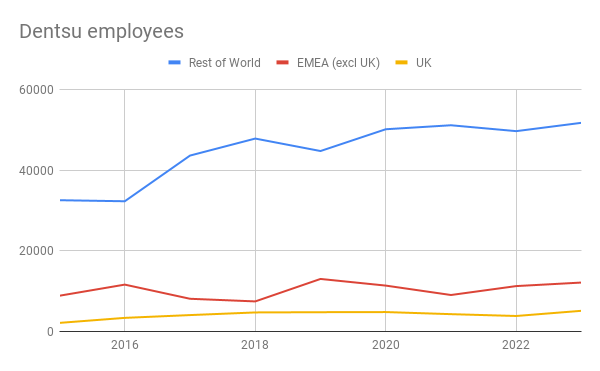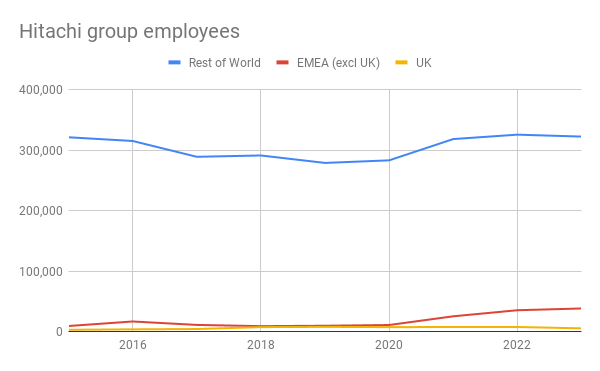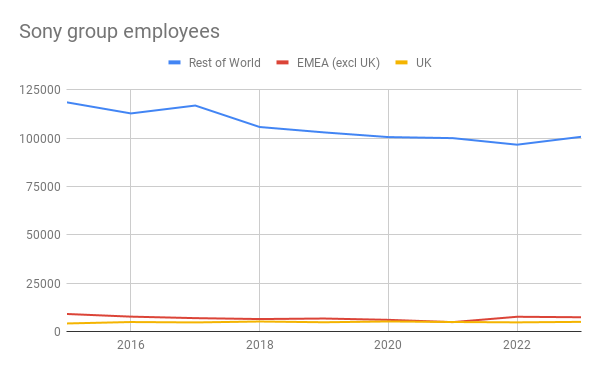Yusen Logistics acquires UK Enterprise Carrier Management company Global Freight Solutions
Yusen Logistics, part of the NYK Group, has acquired Noel Topco, which in turn owns Global Freight Solutions, via its subsidiary International Logistics Group. Yusen Logistics acquired ILG in 2018 bringing in omnichannel fulfilment solutions for e-commerce brands, with operations in 13 bespoke facilities in the UK and EU. GFS adds to this “advanced multi-carrier ECM technology, including higher checkout conversion, reduced cart abandonment and increased repeat-purchase.”
The NYK Group of companies in the UK now employ over 2,500 people, of which Yusen Logistics UK is the largest employer – the 14th biggest Japan owned company in the UK by our estimates, with 1,692 employees. ILG has 479 employees and Noel Topco 156.
Yusen Logistics sees this acquisition as part of their strategy to differentiate themselves from other companies by adding new platform services. “Our group aims to further grow our logistics business by building a solid business foundation in the e-commerce market, which is expected to continue expanding.”
UPDATE – in presumably related news, Yusen Logistics has announced it is investing £280m to acquire a new net zero warehouse in Northampton from real estate company SEGRO group, scheduled to open in April 2025.
For more content like this, subscribe to the free Rudlin Consulting Newsletter. 最新の在欧日系企業の状況については無料の月刊Rudlin Consulting ニューズレターにご登録ください。
Read More


